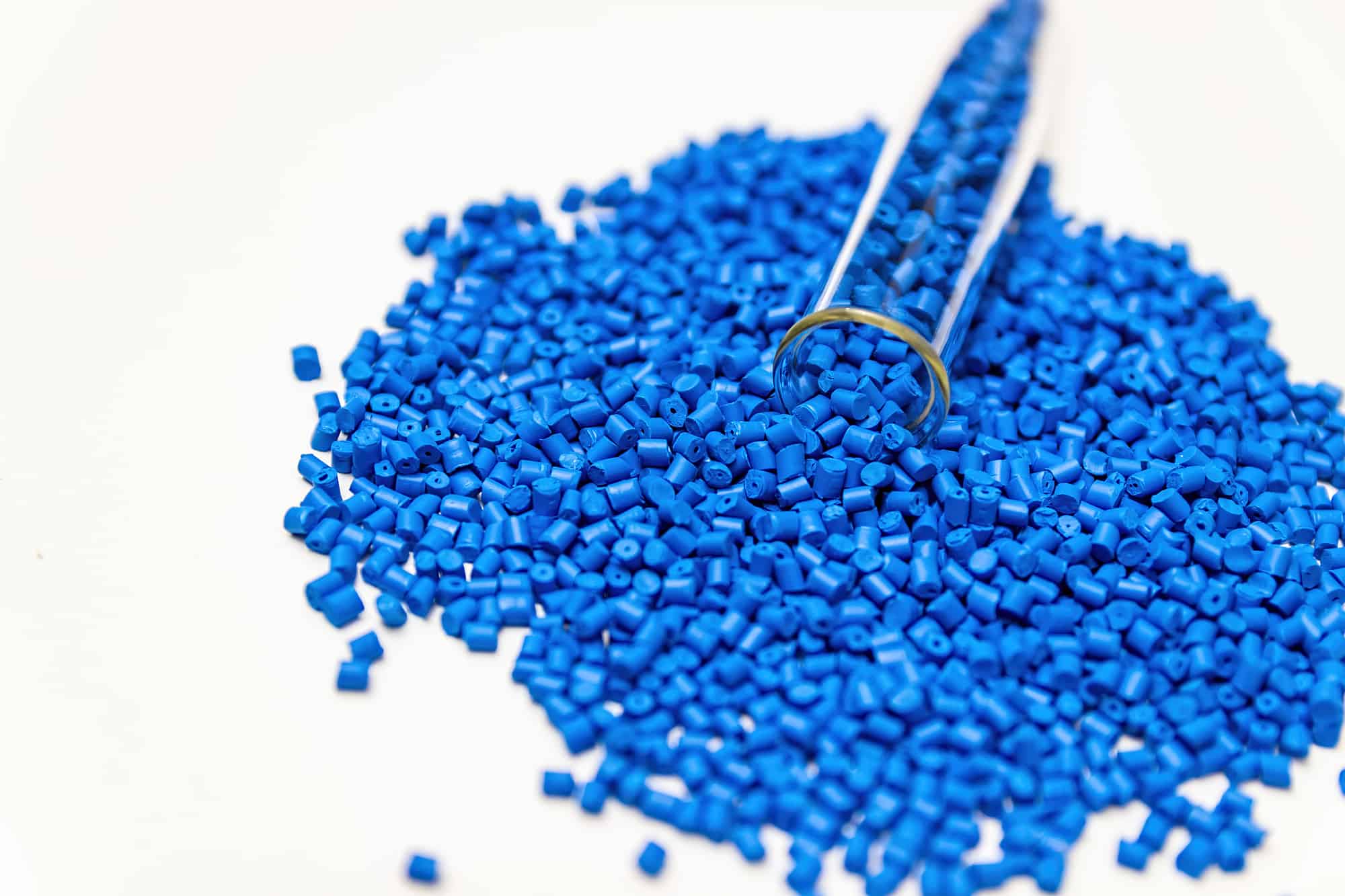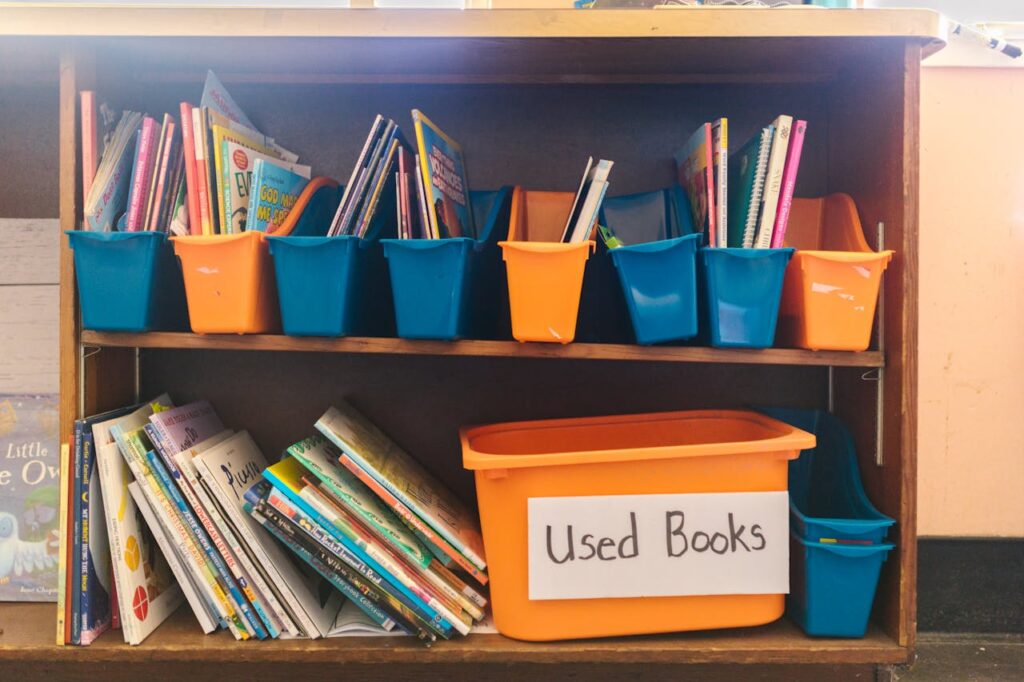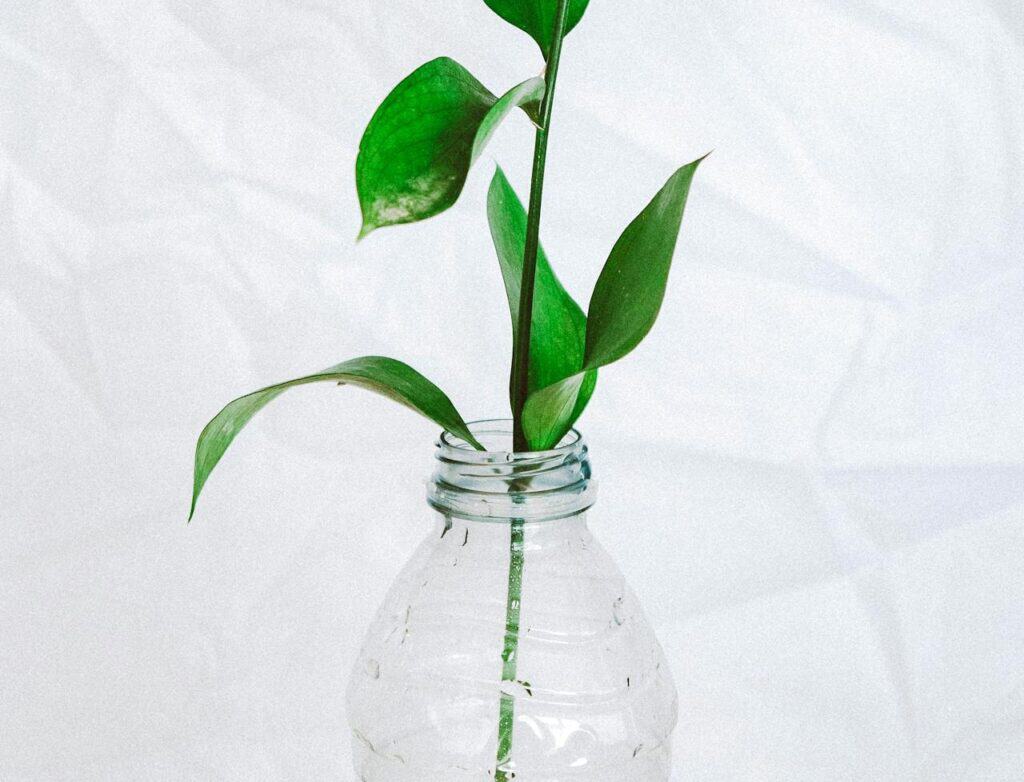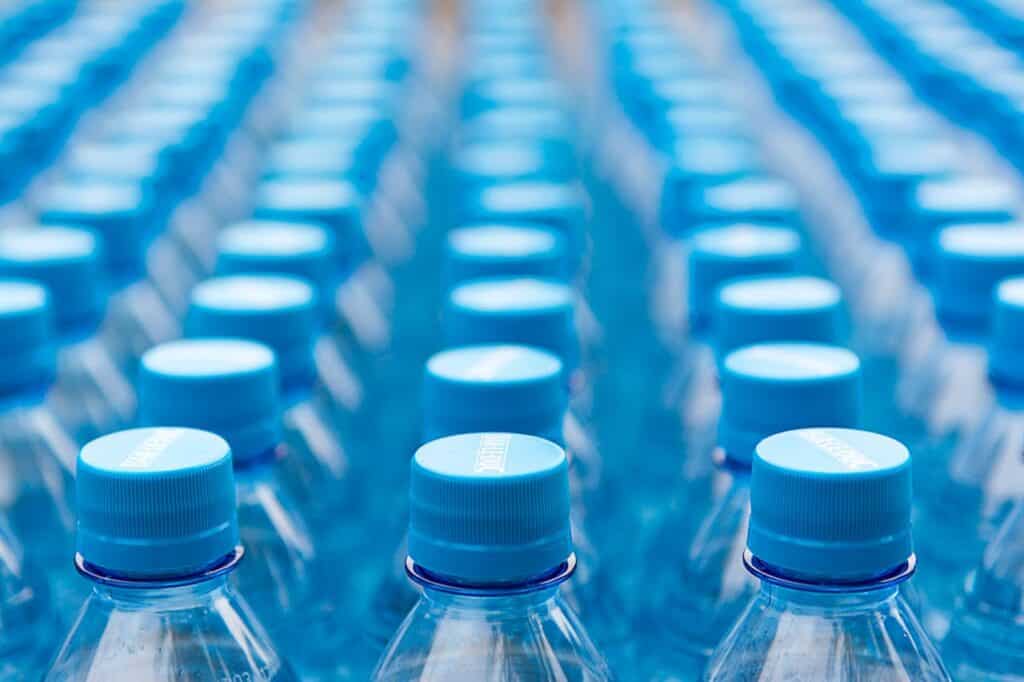PP stands for polypropylene, and it’s one of the most commonly used types of plastic in the world today.
You can find PP in all types of plastic goods and plastic packaging, for example in household items such as food packaging, bottle caps, yoghurt pots, textiles and much more. It is also common to find it in more rigid plastics that are easily moulded such as garden furniture or automotive materials. PP became popular because of its high strength-to-weight ratio: Whilst high-density polyethylene is known for its high density used in items such as shampoo bottles, recycling bins, plastic carrier bags and piping. PP plastic is surprisingly sturdy given how light it is. Recyclable PP carries the number five logo and can be collected by your local authorities bin collection service. Unfortunately, only a small fraction of the total quantity of PP that the world produces is recycled every year. The rest of it ends up in landfills or oceans.
But How Exactly Do You Recycle PP?
Recycling PP is notoriously tricky. Estimates suggest that only about 1 percent of all the PP discarded of every year is disposed of in an eco friendly manner. With that said, you can do it.
Stage 1: Separate PP From Other Plastics
The first step in the process is to separate PP from mixtures with other plastics and contaminants. Recycling experts do this by using sink-float separation. Less dense PP will float while other, heavier polymers will sink to the bottom of a tank. Recyclers also have to wash PP-containing objects, like buckets, to remove contaminants. (Contamination prevents manufacturers from using it to make new products).
Stage 2: Melting
The next stage is to take all of the separated PP and melt it down to create a homogenous product that the recycler can sell to manufacturers. PP has a melting point of around 205 C. The PP is fed into an extruder and heated until it becomes liquid.
Stage 3: Cooling And Forming Into Pellets
Recyclers then take the polypropylene recyclable materials and create small pellets that manufacturers can then use in their production processes.
One of the problems with PP recycling is that the polymer loses its strength and flexibility through successive recycling episodes. The bonds between the hydrogen and carbon in the compound become weaker, affecting the quality of the material. Many recyclers, therefore, mix the recycled pellets with new PP before shipping it off to companies to make into new products.
Is Recycling PP Sustainable?
While PP recycling has not taken off in the way that many hoped, there is ample evidence that it is a sustainable and viable technique.
Recycling PP has two main benefits. The first is that it helps to reduce the amount of plastic going to landfill. PP takes between 20 and 30 years to biodegrade naturally, so keeping it out of the ground is a priority. The second is that recycling PP takes much less energy than creating new PP products from fossil fuels. Estimates suggest that PP from recycling emits 88 per cent less CO2 than producing it from scratch.
The challenge today is to increase the total amount of PP going to recycling. The percentage needs to rise from single to double digits quickly if it is to have a material impact. The good news is that the demand for recycled PP is strong. The Association of Plastic Recyclers estimates that industry can gobble up more than a billion pounds of the stuff every year – far more than current recycling plants can provide.
At Plastic Expert, we are dedicated to plastic recycling and sustainable waste management. If you need to help to recycle your business waste then our experts are on hand to help. We can take your plastic waste and turn it back into a raw material at a licensed recycling facility. Contact us at Plastic Expert today!








